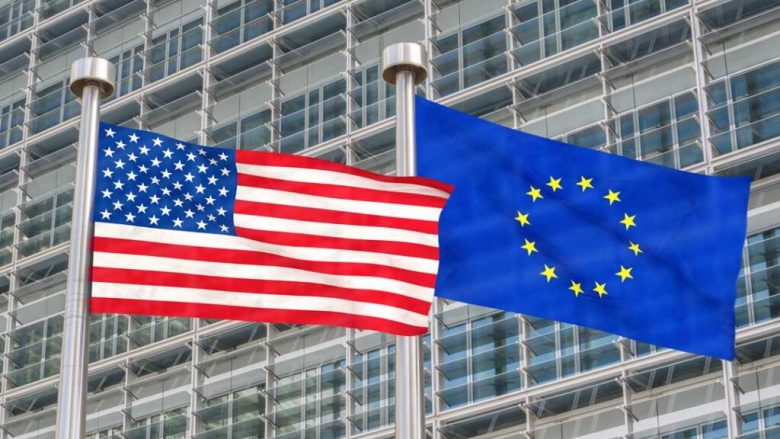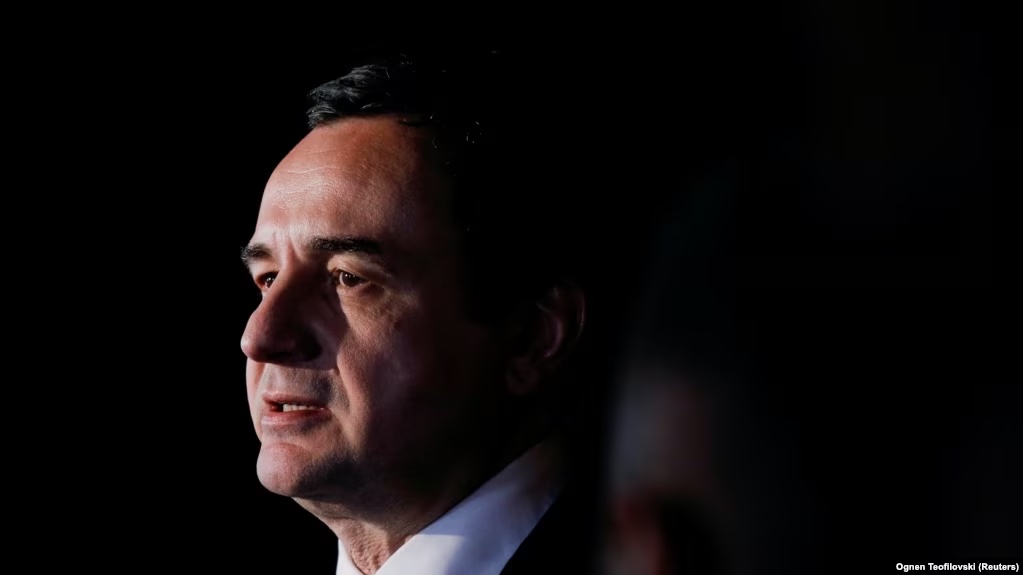Thursday, February 12th 2015

Pristina – Trade minister says foreign investment in Kosovo continues to drop, blaming unfavourable conditions for foreign businesses.
Kosovo’s Minister of Trade and Industry, Hykmete Bajrami, has said that Kosovo is experiencing a fall in direct foreign investment, FDI.
This drop is down to an unfavourable investment environment and lingering administrative barriers that deter foreign investors, according to the minister.
“Yearly in Kosovo, there has been a fall in foreign investment; it was 121.7 million euro in the first three-quarters [of 2014]compared to 258 million euro in foreign investment for the entire year of 2013,” the minister told a meeting with the Commission for Economic Development, Infrastructure, Trade and Industry on Tuesday.
The minister said the business environment in Kosovo was not satisfactory, and that “the barriers for foreign investors are large”.
Although Kosovo has made some progress in terms of its ratings in the “Doing Business” report by the World Bank, this has been achieved more through the removal of some administrative and bureaucratic barriers, while the overall investment environment remains hostile, the minister noted.
“It is not sufficient for representatives to attend various conferences, trying to convince investors that Kosovo is a beautiful country and has a young, cheap labour force. Investors need to be approached directly, and the negotiations need to be done at the top political level,” Bajrami said.
The ministry is currently negotiating Kosovo’s membership of the World Trade Organization. So far it is unclear whether Kosovo will gain full membership or receive observer status.
Bajrami comes from the ranks of Prime Minister Isa Mustafa’s Democratic League of Kosovo, LDK, which espouses a strongly free-market approach to economics.
At his inauguration almost three months ago, Prime Minister Mustafa, a seasoned economist himself, said the new government’s plan would focus on “structural economic reform” and on the establishment of a “free and open market,” with an “increase of social welfare based on private initiative”.
To boost private sector development, Mustafa has said that he will slash the turnover tax for small and medium businesses, and shift the weight of VAT from that collected on the border to internal VAT revenue./balkaninsight/




